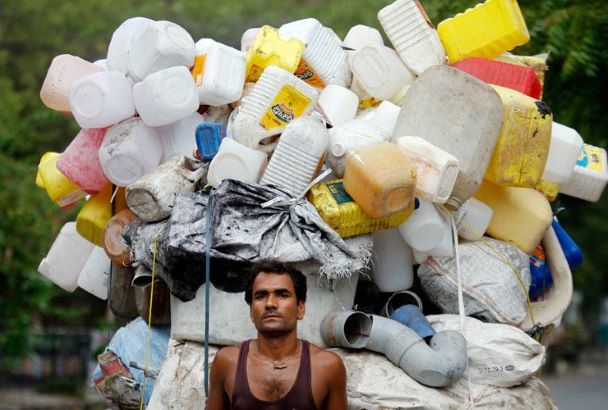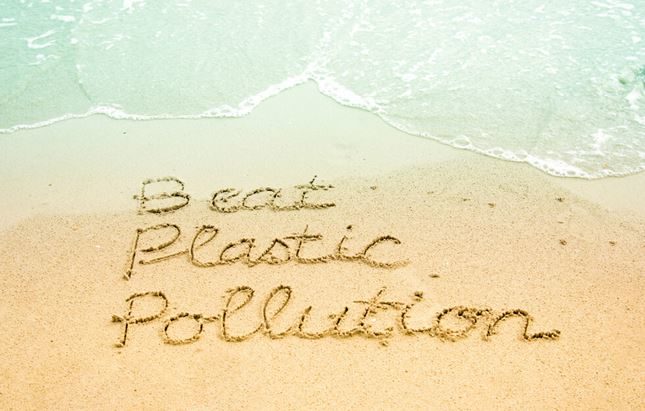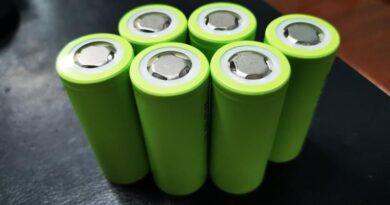Chhattisgarh’s Ambikapur to Open a Unique ‘Garbage Café’

Leaving every other city and state behind in its waste management game, Ambikarpur, India’s model city for the best waste management practices, has announced a novel approach to manage hunger and plastic pollution together.
The city of Ambikapur in Chhattisgarh has announced that its municipal corporation will construct the country’s first ‘Garbage Café’ where food will be provided to the poor and homeless in lieu of plastic waste they collect.
“The city has been known for its unique waste management concept. We have been awarded as one of India’s best city in ‘Innovation and Best Practices’ (population 1 – 3 lakh) category in Swachh Survekshan 2018. In 2019, we were adjudged India’s second cleanest city. Keeping the same momentum, this time we thought of ‘Garbage Café Scheme’. The scheme follows one simple rule – garbage lao aur khanna le jao. Under this, poor and homeless people fetching 1 kg plastic waste will be offered a full meal while those collecting 500 grams waste will get a substantial breakfast. Currently, we have planned to kick-start one such café, depending on its success the corporation will decide the future plan of action,” Mayor Ajay Tirkey said.
The Garbage Café that will run from city’s main bus stand and will act as a collection point for waste. And it will look to solve two problems: to provide food to the homeless and poor people, and to motivate them to get involved with the corporation and help them manage its waste effectively.
“Plastic collected from here will then be utilised for the construction of roads in the city” Tirkey said.
This is not the first such road that will be built in the city. Earlier, 8 lakh plastic bags were used to build a road in Ambikapur as a pilot project to test the durability. The corporation claims that as of now no problem has been faced and that is the reason why they have decided to construct more roads utilizing plastic waste.
These recent announcements were made by the corporation while announcing the local civic body’s budget. For the Garbage Café scheme, allocation of Rs. 5 lakh has been done. Tirkey said that apart from providing free meals to the poor, there is also a plan to provide free shelter to the homeless who collect plastic waste.
This is not the first time Ambikapur has come out with the solutions to manage the city’s waste effectively. In fact, it was one of the first cities in India to start the practice of waste segregation.
Back in 2015, a mandate in the city was adopted that each household needs to give waste in a segregated form – wet and dry waste. Wet waste that comprises of the kitchen scraps and is biodegradable whereas dry waste includes things like plastic bags, plastic packaging, bottles, tetra packs, etc. that are non-biodegradable.
There are around 447 sanitation workers in the city who go out every morning and cover each household to collect the segregated waste so that this can be further treated. The waste collected by the waste pickers then goes to 17 secondary segregation centers within the city where it is sorted further into various categories and is sent for recycling, composting or other kinds of processing depending on the type of waste.
Moreover, Ambikapur is one of the few cities that are actually making money from their waste treatment. According to the civic body, on a monthly basis, Ambikapur is earning Rs. 1 lakh by converting its wet waste into compost, and around Rs. 6-8 lakh from the sale of recyclable items and some amount as user charges (which the municipal corporation charges from each household for managing their waste).








